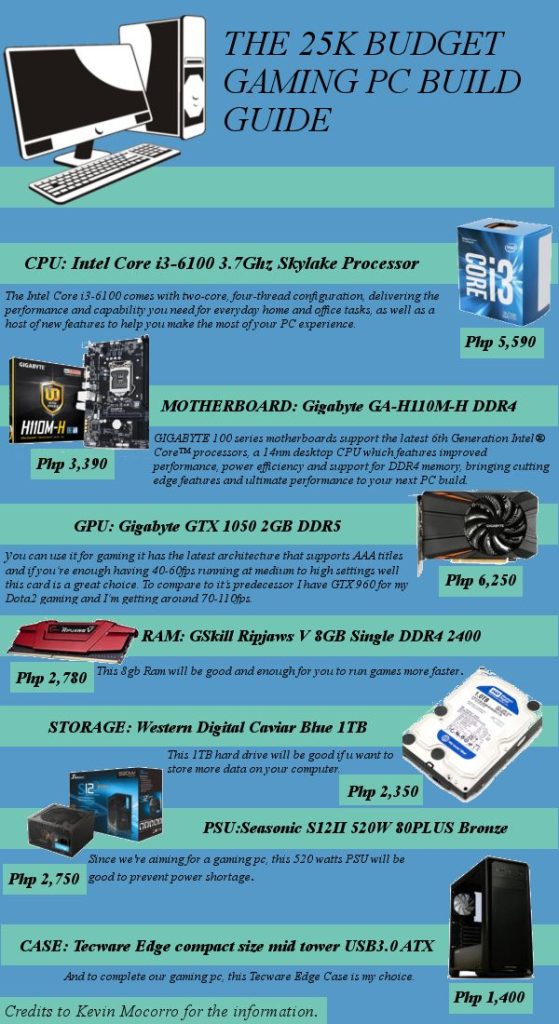
The Comprehensive Beginner’s Guide to PC Gaming

**The Comprehensive Beginner’s Guide to PC Gaming**
Embarking on the journey of PC gaming can be an exciting yet daunting experience for newcomers. With a myriad of options and technical jargon, getting started can seem overwhelming. This guide aims to simplify the process, providing you with the essentials to kick-start your PC gaming adventure.
**1. Understanding PC Gaming**
PC gaming refers to playing games on a personal computer rather than consoles like the PlayStation or Xbox. It offers flexibility in hardware customization, a vast library of games, and a vibrant community. The inherent power of a gaming PC allows for superior graphics and performance, offering an immersive gaming experience.
**2. Building vs. Buying a PC**
– **Building a PC:** Constructing your gaming rig allows customization tailored to your needs and budget. It can be cost-effective and gives you a deeper understanding of the components.
– **Buying a Pre-built PC:** A convenient option for beginners, as it eliminates compatibility issues and assembly challenges. Numerous manufacturers offer pre-built systems catering to various performance levels and budgets.
**3. Key Components of a Gaming PC**
– **Central Processing Unit (CPU):** The brain of your PC. A powerful CPU ensures smooth gameplay and multitasking. Brands like Intel and AMD offer a variety of CPUs suitable for different gaming needs.
– **Graphics Processing Unit (GPU):** Crucial for rendering game graphics. GPUs from NVIDIA or AMD are recommended for their high performance.
– **Memory (RAM):** Essential for loading games and applications. A minimum of 8GB is recommended, although 16GB or more is ideal for modern gaming.
– **Storage:** Solid State Drives (SSDs) are preferred for faster load times, while Hard Disk Drives (HDDs) offer larger storage at a lower cost. A combination of both can be optimal.
– **Motherboard:** Connects all components and dictates compatibility. Ensure it matches your CPU and has enough ports for upgrades.
– **Power Supply Unit (PSU):** Powers your system. Choose a reliable PSU with adequate wattage to support your components.
– **Cooling System:** Keeps components from overheating. Consider air or liquid cooling solutions based on your build.
**4. Choosing the Right Peripherals**
– **Monitor:** Look for a display that complements your GPU. Consider factors like resolution, refresh rate, and panel type (IPS, TN, or VA).
– **Keyboard and Mouse:** Opt for a responsive keyboard, often mechanical, and a high DPI mouse for precision.
– **Headset/Speakers:** Quality audio enhances immersion. Choose based on preference for surround sound or stereo.
**5. Selecting Games and Platforms**
PC gaming platforms like Steam, Epic Games Store, and GOG offer vast libraries, often with discounts and community features. Start with popular genres you enjoy, like RPGs, FPS, or strategy games. Free-to-play titles can be a great way to explore different genres without initial investment.
**6. Optimizing Game Performance**
Adjust in-game settings to balance graphics and performance. Updating GPU drivers and using optimization tools like NVIDIA GeForce Experience can enhance performance. Regular maintenance, such as dusting your PC, ensures it runs smoothly.
**7. Engaging with the Community**
Join forums like Reddit or specialized gaming communities to connect with fellow gamers. Streaming platforms such as Twitch offer a way to engage with the community and improve your skills by watching others play.
**Conclusion**
PC gaming is a rewarding hobby that offers endless possibilities. By understanding the basics of building or buying a gaming PC, choosing the right components and peripherals, and engaging with the community, you are well on your way to a fulfilling gaming experience. Welcome to the world of PC gaming!